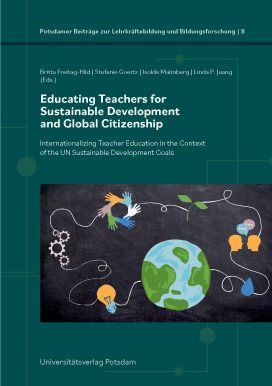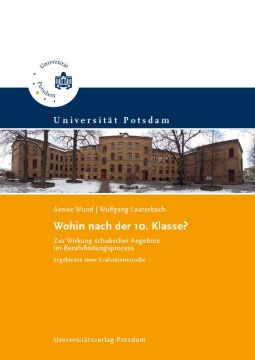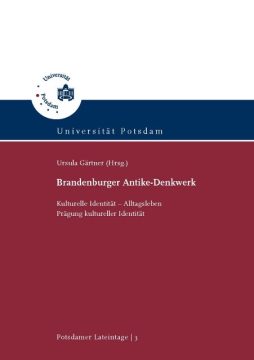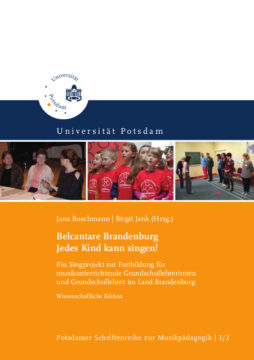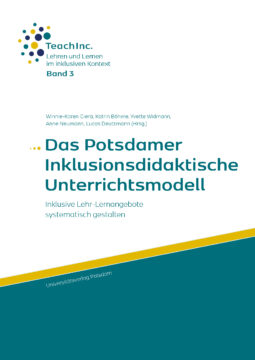In an era of rapid societal change and political and ecological global crises, universities play a vital role in educating future teachers for sustainable development and global citizenship. As teacher educators at universities, solving these complex issues is beyond our scope. Nevertheless, our volume addresses the pivotal role of teacher education in fostering inclusive, sustainable, and peaceful societies. How can universities empower future teachers to navigate these complexities and cultivate the competencies needed for sustainable development and global citizenship? How can they guide learners towards becoming responsible citizens of the world? Our volume explores these questions, presenting concepts and pedagogical approaches developed within the international project UP Network for Sustainable Teacher Education (2021-2024), coordinated by the University of Potsdam and sponsored by the German Academic Exchange Service (DAAD) with funds from the Federal Ministry of Education and Research (BMBF).
Laying the theoretical foundation by providing a framework that emphasizes the transformative potential of Education for Sustainable Development and the importance of action-oriented pedagogy, the volume offers insights from the interdisciplinary, international Summer School Teaching the SDGs held in 2022. The Summer School concept provides a practical example of how Education for Sustainable Development and Global Citizenship can be integrated into teacher education programs through practical experiences and subject-specific viewpoints. Recognizing the global nature of the challenges associated with sustainable development and our shared responsibility to address them, this volume concludes by presenting various successful strategies and models from the University of Potsdam.
By sharing our collaborative projects in this volume, we aim to offer insights into our activities, contribute to the academic discourse on Education for Sustainable Development and Global Citizenship in teacher education, and inspire collaboration across diverse contexts. We invite teacher educators from all fields to join us in sharing context-specific concepts and approaches, fostering the development of global competencies for a sustainable future.
gestellt an Prof. Dr. Britta Freitag-Hild, Stefanie Goertz, Prof. Dr. Isolde Malmberg und Prof. Dr. Linda P. Juang

